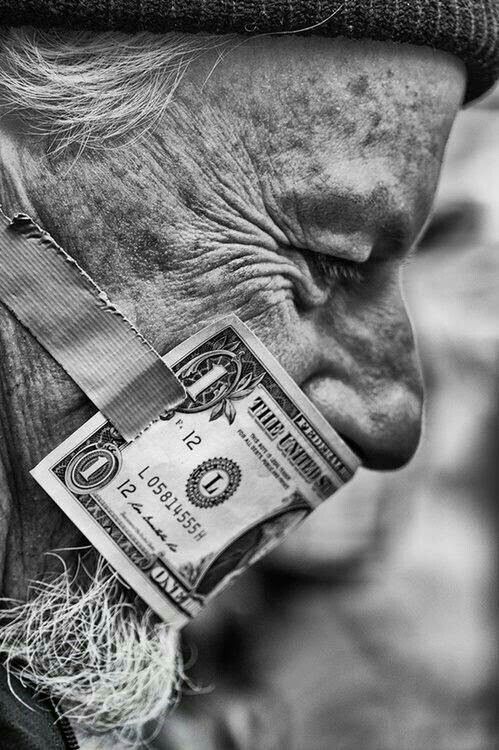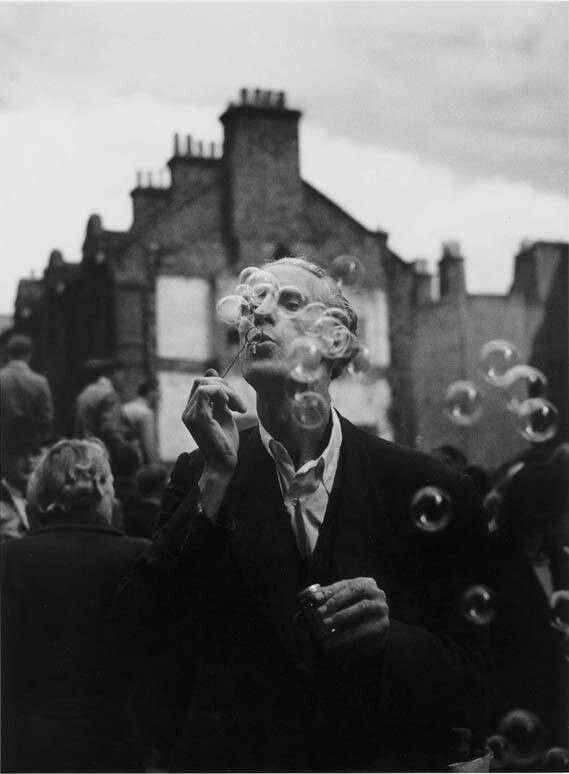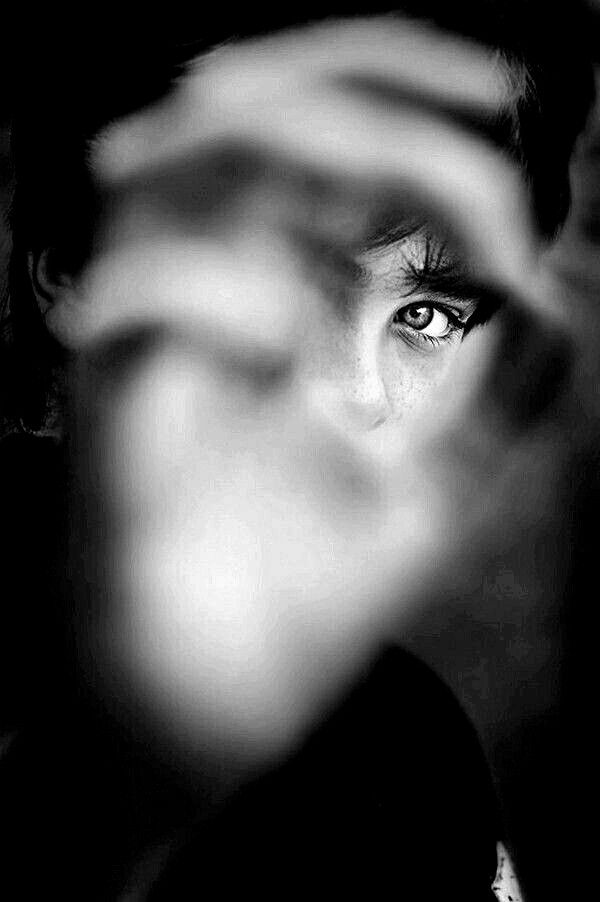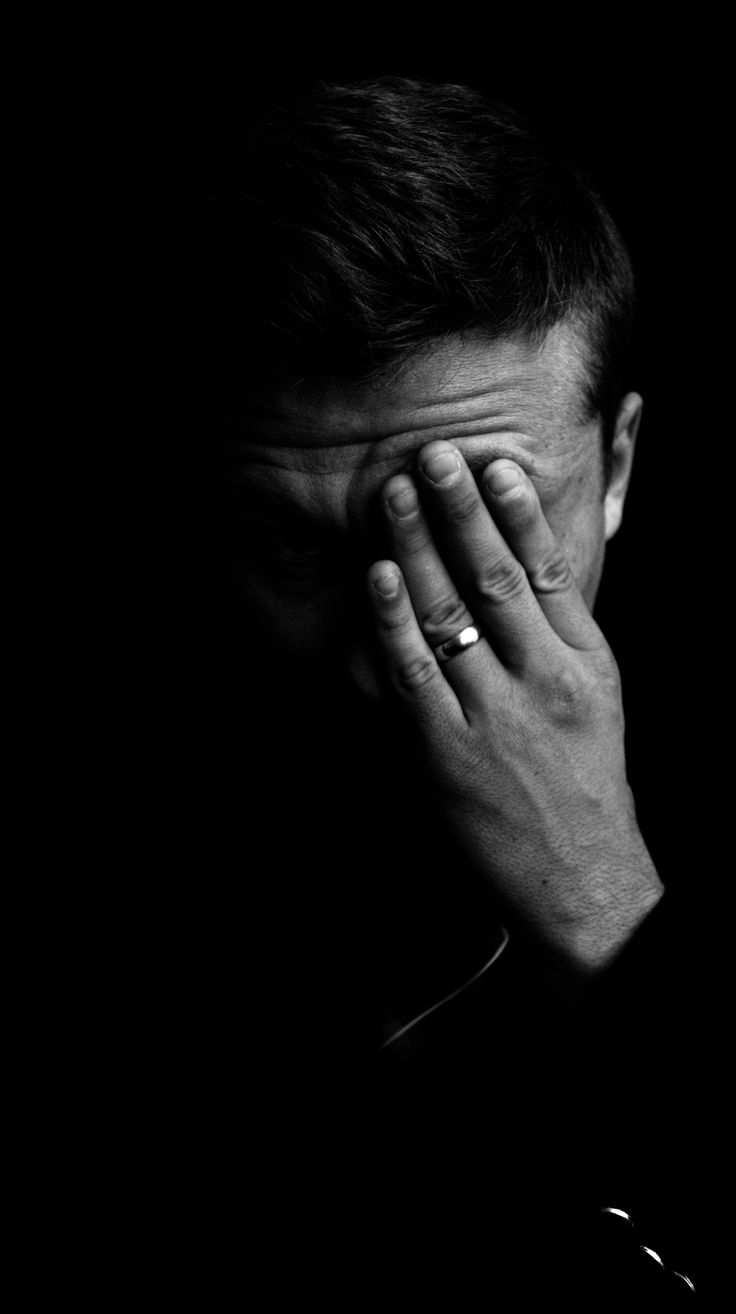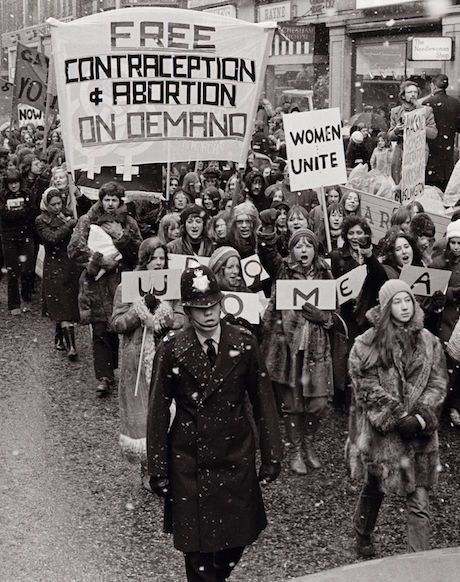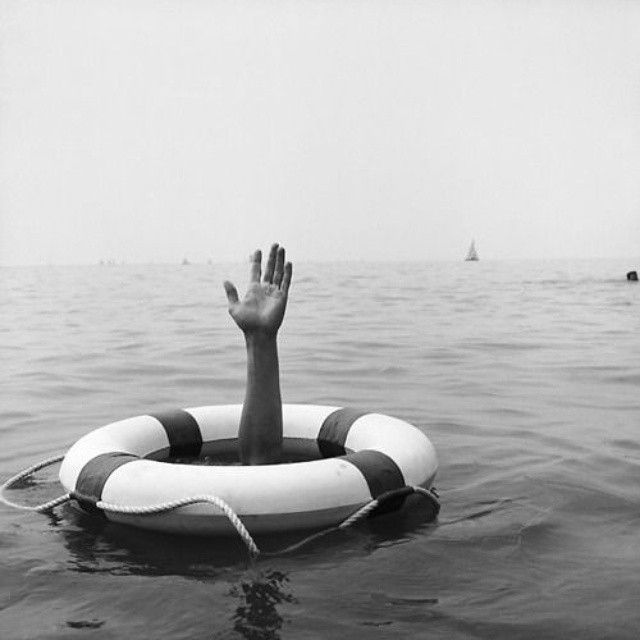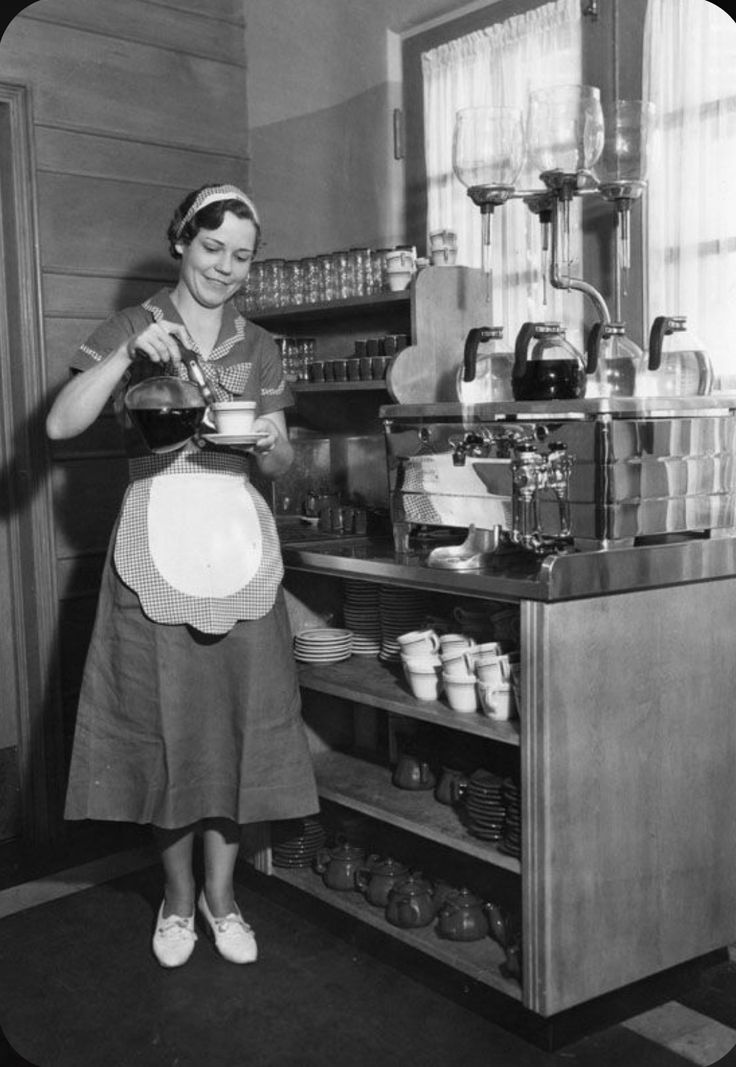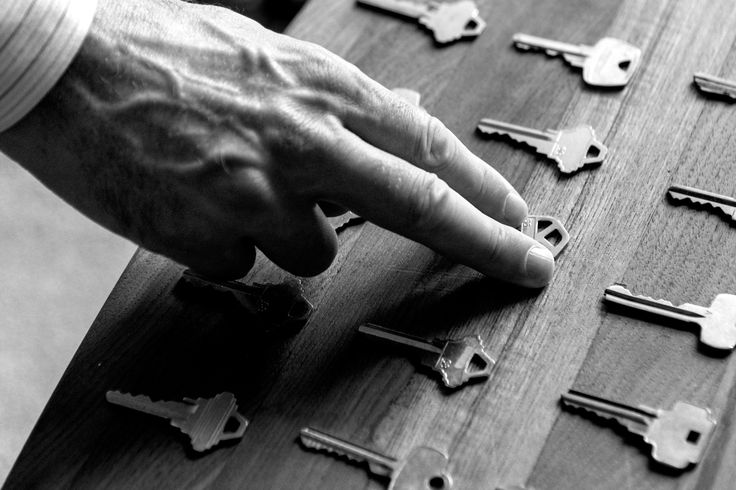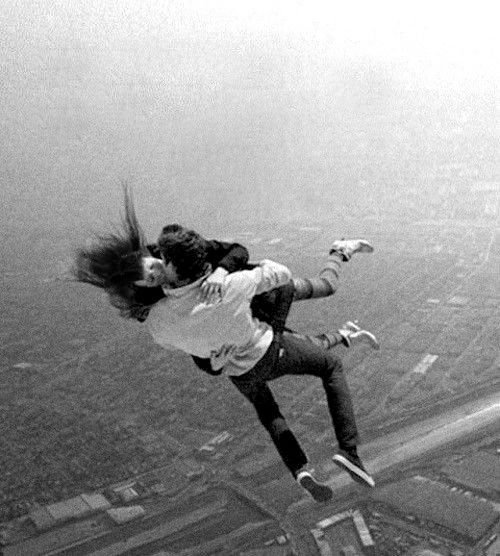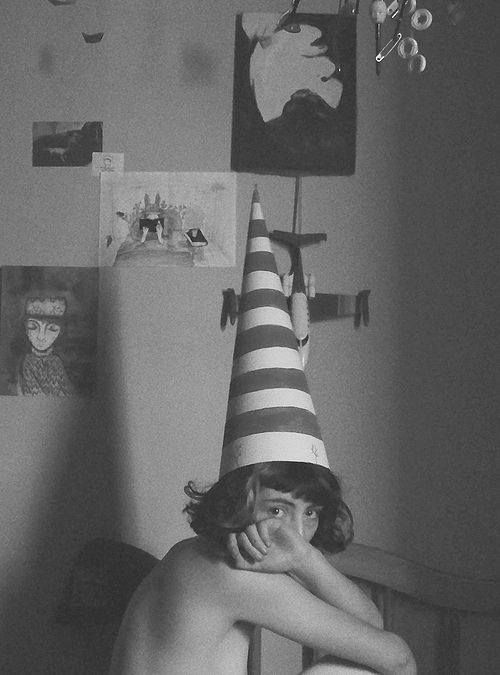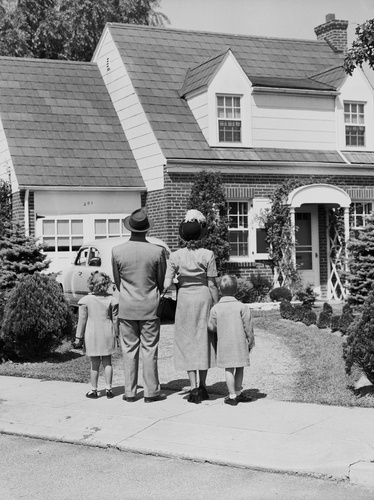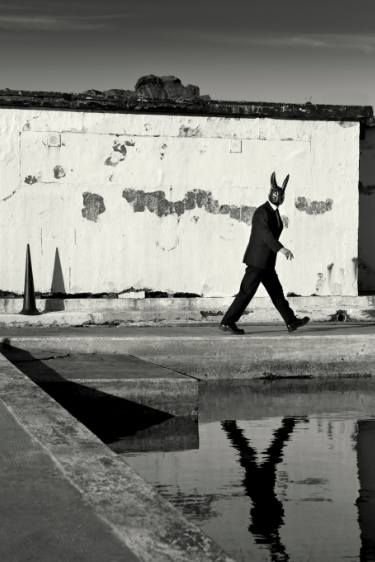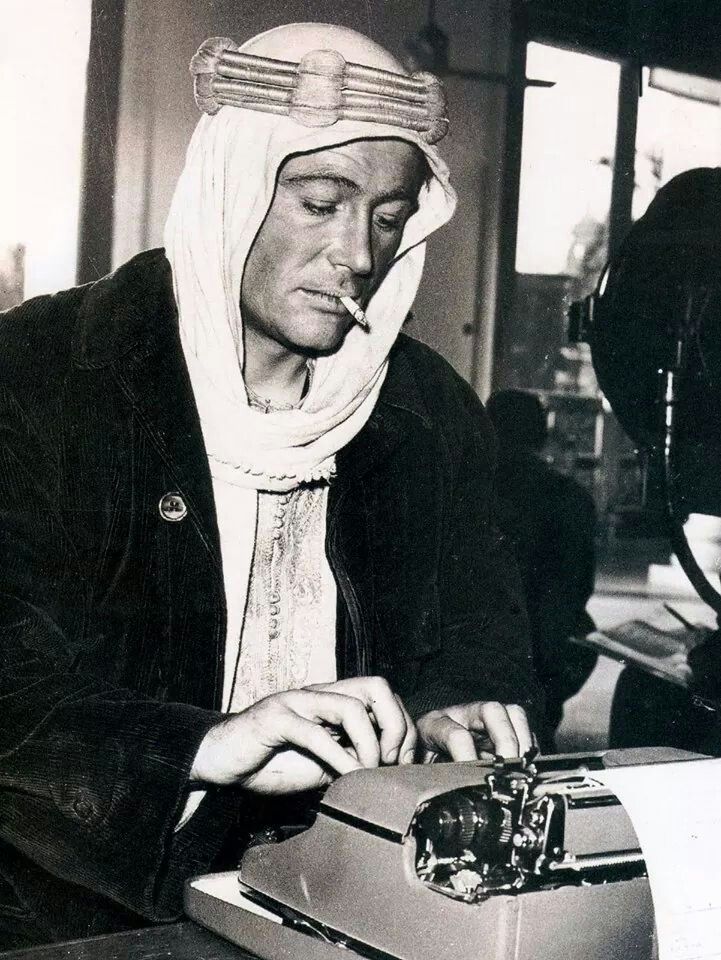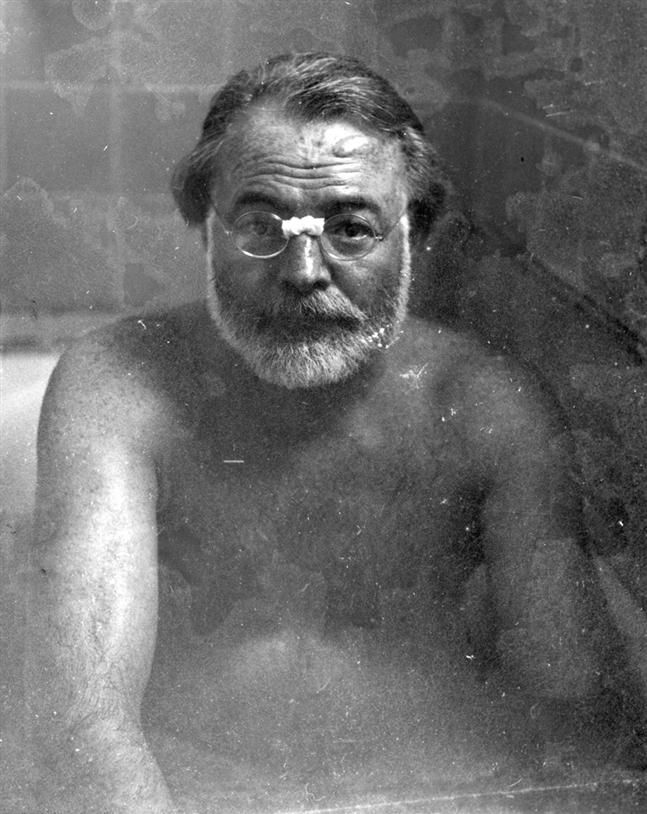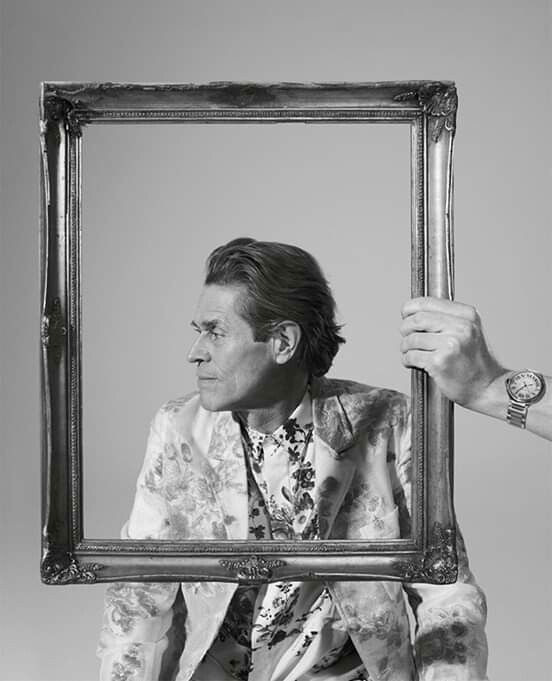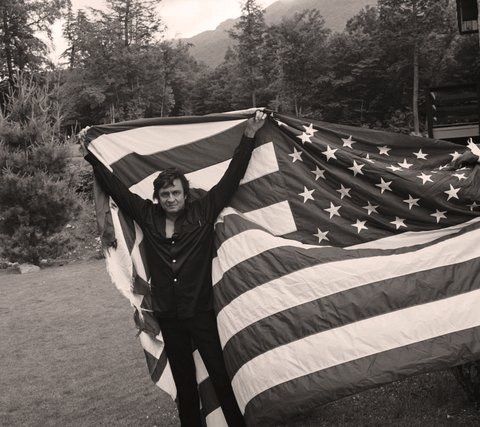My stepdad—a term I loathe—was, in every way that mattered, my father. He had the same first and last name as me on paper, and he was the one who showed up. He was the one who stayed. He was the man who stood in the gaps of my life, holding it together when everything else was crumbling.
He never made grand speeches about love. He wasn’t the kind of man who needed to. His love was quiet but absolute, the kind that didn’t need to be spoken to be understood. When my mother threw him out of our lives, he fought to keep us close. He never missed a weekend. He showed up every time, no matter how much she humiliated him, no matter how hard she tried to turn us against him. He took it. He endured it. And he never stopped being our dad.
He was a blue-collar man through and through—a night shift worker at the post office, grinding away while the rest of the world slept. He never made a fortune, never climbed the corporate ladder, but he built something more valuable: a home for his boys.
We lived in Whittier, California, in a house that felt like it was pulled straight from a 1950s sitcom—Leave It to Beaver with a lot more cussing and a little less structure. It was a childhood of backyard baseball, bike rides to the park, and lazy Sundays spent waxing his Dodge truck under the shade of the old tree. He made it look so damn easy, even when life made sure it wasn’t.
Not everything was perfect. I remember the fights. I remember the night he came home from a graveyard shift and my mother—half-drunk and fully furious—went after him. The cops came. I remember watching them pin him down on the couch, one jabbing a nightstick into his ribs while he writhed, screaming. It was the first time I realized that good men don’t always win, that love and sacrifice don’t mean a damn thing when the world is determined to break you.
The next morning, he came back—bruised, exhausted, but still our father. He never talked about it. Never made himself the victim. He just kept showing up.
When the divorce came, he moved into a tiny one-bedroom duplex, barely big enough for himself, let alone three boys. It didn’t matter. He still picked us up every weekend, cramming us into his world without complaint. He never had hobbies. We were his hobby.
My mom hated him. Not because he was a bad father, but because he was a good one. He didn’t abandon us, and that meant she couldn’t paint him as the villain. So instead, she humiliated him. Every Friday, when he came to pick us up, she would stand outside, yelling insults for the entire neighborhood to hear. He never retaliated. He just stood there, took it, and let us get in the car.
He remarried quickly after the divorce. Barbara. She was the woman he had been seeing during the final stretch of their marriage—a good woman, but doomed from the start. My mother saw to that.
One afternoon, when my mom came to pick us up, she lost her mind. Barbara made the mistake of answering the door, and before anyone could react, my mother grabbed her by the hair, slammed her head into the wall, and went full street fight. There were kicks, punches, screams—it was chaos.
My dad, in full desperation mode, grabbed the garden hose and blasted them with water like they were feral dogs locked in battle.
Barbara left him not long after. It wasn’t her fight to endure.
He never remarried again.
He never let that stop him from being a father.
I grew up and became the kind of man he hated—a yuppie, a corporate suit. I climbed the ladder, became management, obsessed over numbers and success. I became everything he despised.
During my divorce, when my life was collapsing and I wasn’t sure if I had lost myself, I drove to see him. I sat in front of him, a man with more money than I ever thought I’d have, and I asked him:
“Have I changed? Have I become someone else?”
He didn’t hesitate.
“You’re still the same,” he said, “You’re just obsessed with money.”
That was my dad. He didn’t dress it up. He told the truth, raw and unfiltered.
He never held my success against me. He didn’t understand my world, but he never made me feel like I didn’t belong in his.
I would visit often. He would call, write letters, send birthday cards to my kids. He was part of my family because he was my family. I never felt like a “step” anything when I was around him.
Cancer took him at 62—too damn soon. A man who worked himself to the bone, who never called in sick, never took a vacation, never asked for more than what he had. A man who deserved to grow old, but never got the chance.
He died debt-free, owning everything he had—a house filled with his treasures: coins, stamps, diecast cars, a Model T in the garage that he spent years restoring.
I still see him in flashes. In the way I raise my kids. In the way I refuse to back down when life gets hard. In the way I still roll up my sleeves and get shit done without asking for praise.
I miss him. Every single day.
He was my father. Not by blood, not by some court document, but by every measure that matters.
He showed up.
He stayed.
He loved unconditionally.
And that’s what makes a father.
Author’s Note:
This guy, Jim, he wasn’t a goddamn movie star. He wasn’t a millionaire or a smooth-talking phony. He was a post office worker. A night-shifter. The kind of man the world is built on the back of, the kind the world loves to chew up and spit out without so much as a “thank you.”
And that’s the whole point of the story, isn’t it? Fatherhood isn’t about blood. It’s not about DNA or some piece of paper from a courthouse. It’s a goddamn job. It’s about showing up when you’d rather be anywhere else. It’s about taking the hits—from your crazy ex-wife screaming at you in the driveway, from the cops jabbing a nightstick in your ribs, from life itself—and still being there on Saturday morning to pick up your boys.
He stood there and took it all. Never played the victim. He just kept showing up. That’s not weakness. That’s a kind of toughness most men these days couldn’t even begin to understand.
And that line he gave you, years later, when you came back to him all rich and fucked up from your own divorce: “You’re still the same. You’re just obsessed with money.” Christ. That’s the kind of honest, gut-punch truth that takes a real man to deliver. He wasn’t impressed by your millions. He just saw the same kid he always knew.
So yeah, my thoughts are this: in a life full of runners, schemers, and ghosts, Jim was the only one who was solid. The only one who stayed. He was the real deal. He wasn’t the father you were born with, but he was the only goddamn father you ever really had.
And a man is lucky if he gets even one of those in a lifetime.



